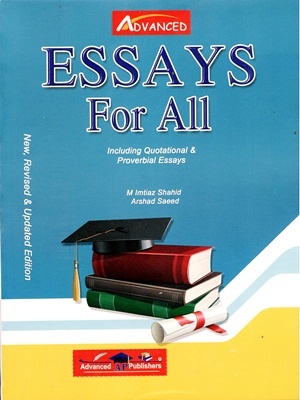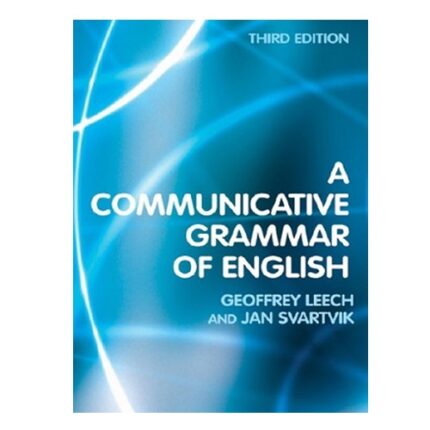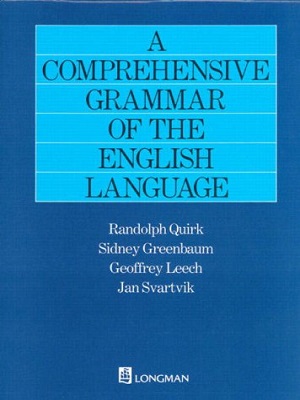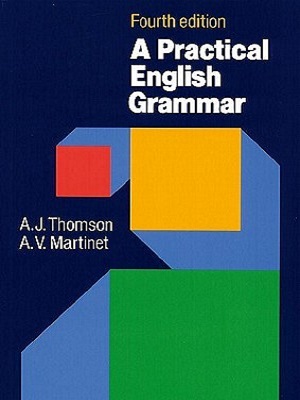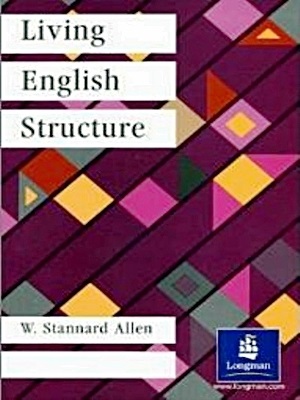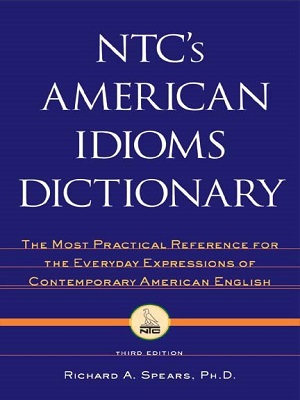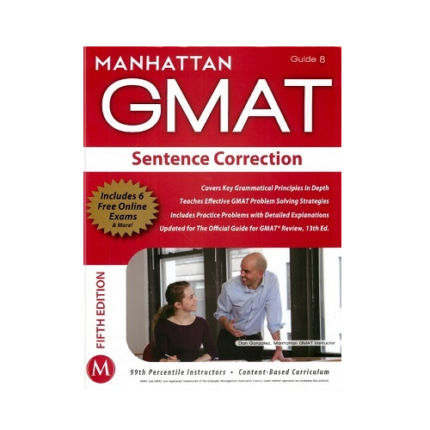Never has there been a greater need to make sure that you write and speak ‘good’ English. This is true of people in countries such as the UK where English is the native language and of people in countries where English is a second or foreign language. In countries where English is the language of business, a marked emphasis is now being placed on the need for competent communicative skills in the workplace. Although life in the modern world is generally less formal than it was and people in personal, academic and business contexts write considerably fewer letters than formerly, they are often still required to demonstrate their powers of written communication in the classroom and the workplace. For example, they might have to write a report for presentation to their work colleagues.
When it comes to correspondence, emails may have taken over from formal letters to a large extent but it reflects badly on a person if their emails are sloppily written and full of errors. The computer spell checker can only help you out to some extent. Many employers complain that a significant number of the people whom they recruit for jobs are sadly lacking in these skills. This is true even of young people who have just graduated from some of the top universities.
You might think that grammar and spelling are trivial matters, that they’re just not that important in your line of work. You might think that as long as the facts are correct, what does it matter if the grammar is bad? However, poor grammar reflects badly on you—you might miss out on a job opportunity, you might not be taken seriously when making a complaint, you could even put off a potential Internet date—all because of terrible grammar and sloppy spelling. Any public display of poor language skills can give a very bad impression of even the most intelligent person. At the same time, the importance of English as a world language continues to grow. In fact, there are many versions of Standard English spoken around the world: British, American, Canadian, Australian, Indian, South African, New Zealand and more. All have rich variations in vocabulary, syntax, semantics and grammar. More and more people in other countries are anxious to learn English and there is an ever-increasing demand both for teachers of English as a second or foreign language and for effective teaching materials in these areas.








